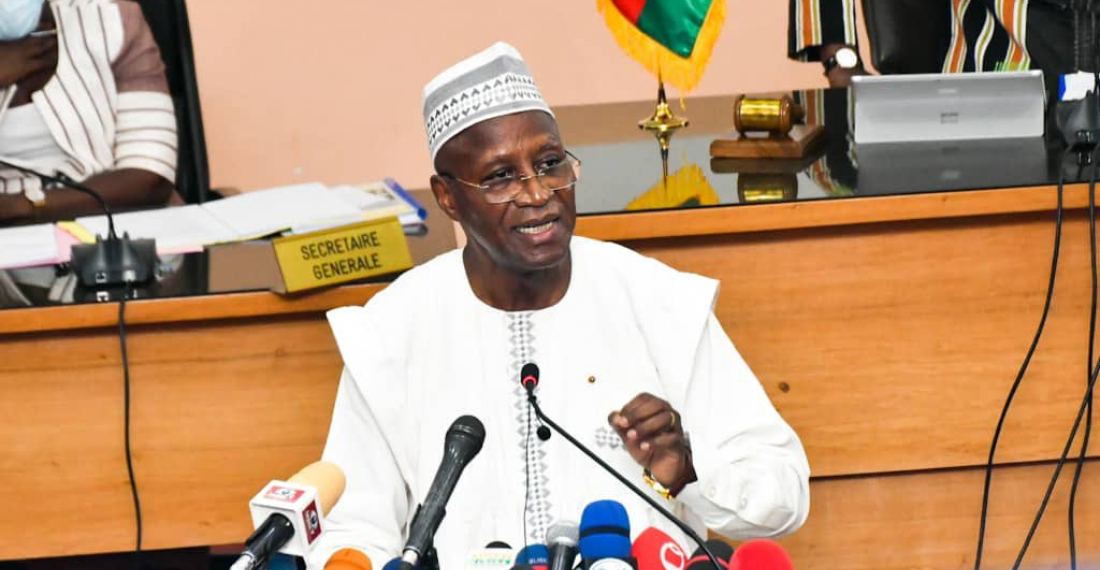Burkina Faso’s prime minister resigned Wednesday evening (8 December) after several protests by the population denouncing the government's inability to fight recurrent jihadist attacks that plague the West African country every week. The resignation of the Prime Minister automatically entails that of the government, according to the law in Burkina Faso.
Christophe Joseph Dabiré, prime minister of Burkina Faso since January 2019, handed a letter of resignation to the president, Roch Marc Christian Kaboré, who accepted it. “The functions of prime minister of Christophe Joseph Dabiré are terminated”, the secretary general of the government, Stéphane Wenceslas Sanou, declared on public television whilst reading a presidential decree.
Despite this resignation, in accordance with the law, "the members of the outgoing government are responsible for the day-to-day running of the ministerial departments until a new government is formed," said Sanou.
“I invite the Burkinabè, as a whole, to mobilize, to support the president of Faso and the new executive that will be put in place. I remain convinced that it is through unity of action that we will be able to meet the challenges. with which our country and our people are confronted”, declared Christophe Joseph Dabiré on his Facebook page.
For several weeks, anger had been building against the executive. On 9 November, the opposition notably demanded “urgent measures” to deal with the “deterioration of the security situation”, within a month. And on 27 November, hundreds of protestors took to the streets of the capital Ouagadougou to denounce the “inability” of the government to counter the jihadist violence that plagues the country since 2015.







